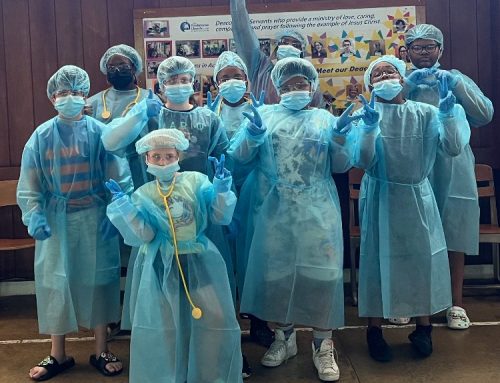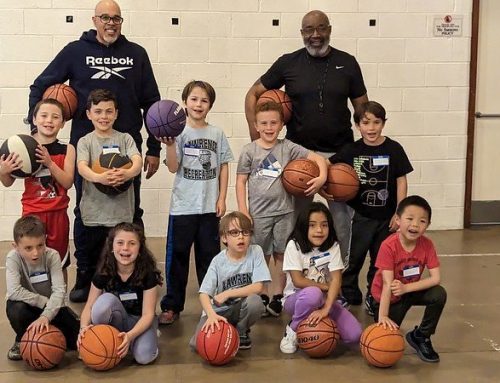By Barbara Lysenko, director and co‐founder, Kids’ MusicRound
Are you wondering if it is too early to begin your infant, toddler, or preschooler in a music class? Loving conversation is
immediate as soon as your sweet baby is cradled in your welcoming arms. Greeting your child with coos and “I love
you.” is instinctive. Eye‐to‐eye contact solidifies the bond, and language development is in motion.
Your Child’s Musical Talents
Imagine a setting where you are comfortable playing musically with your child no matter your own musical ability. At
birth, children come prepackaged with many talents. And, like seedlings waiting for the right time to display their
beautiful blooms.
Parents have numerous decisions to make for this precious human being. I remember having the same fears with my
own children. Interactive early childhood music classes provide the perfect backdrop for your little one to begin their
musical journey.
A quality and nurturing musical experience in early childhood targets musical skill development and is beneficial for:
small and large motor movement, brain, language, social and physical development to name a few.
What to look for in an early childhood music class?
- Most importantly, play and fun. Children’s lives are built on curious play and inquisitive discovery. A child’s
spontaneous response is precious and occurs organically. - Engaging songs and rhymes to tickle everyone’s musical fancy. Inspiring active participation is the best way to
experience music. - Parent or loving adult partnership is key. I believe, and share often, “A love of music is something that is
caught.” When the classroom fun expands into a child’s everyday life with an interactive partner, the experience
becomes invaluable and embeds a lasting joy of music making in the child’s whole being. - Activities encouraging individual responses to beat and pitch, establish a strong musical foundation. Feel the
dancing beat and the gentle flow of a lullaby. It is hard to resist playing the triangle, tapping the drum, or jiggling
the egg shakers. - Movement engaging the whole body is imperative. Music is an active, not a passive activity. The body is the first
instrument learning everything musical through movement. Twirling bodies, creeping fingers, jumping feet,
dancing feet, and more makes a lasting imprint inside the body.
Kids’ MusicRound classes coming this fall to Community Well.
Our schedule and details will be announced soon at https://kidsmusicround.com/class‐location/lawrenceville/
We will be singing, playing rhythm instruments, and dancing while providing a quality musical experience for you and
your child. Begin your child’s musical journey now.
Do not hesitate to email us at:
- Barbara Lysenko: Barbara@KidsMusicRound.com
- Heather Diefenbach: Heather@KidsMusicRound.com




